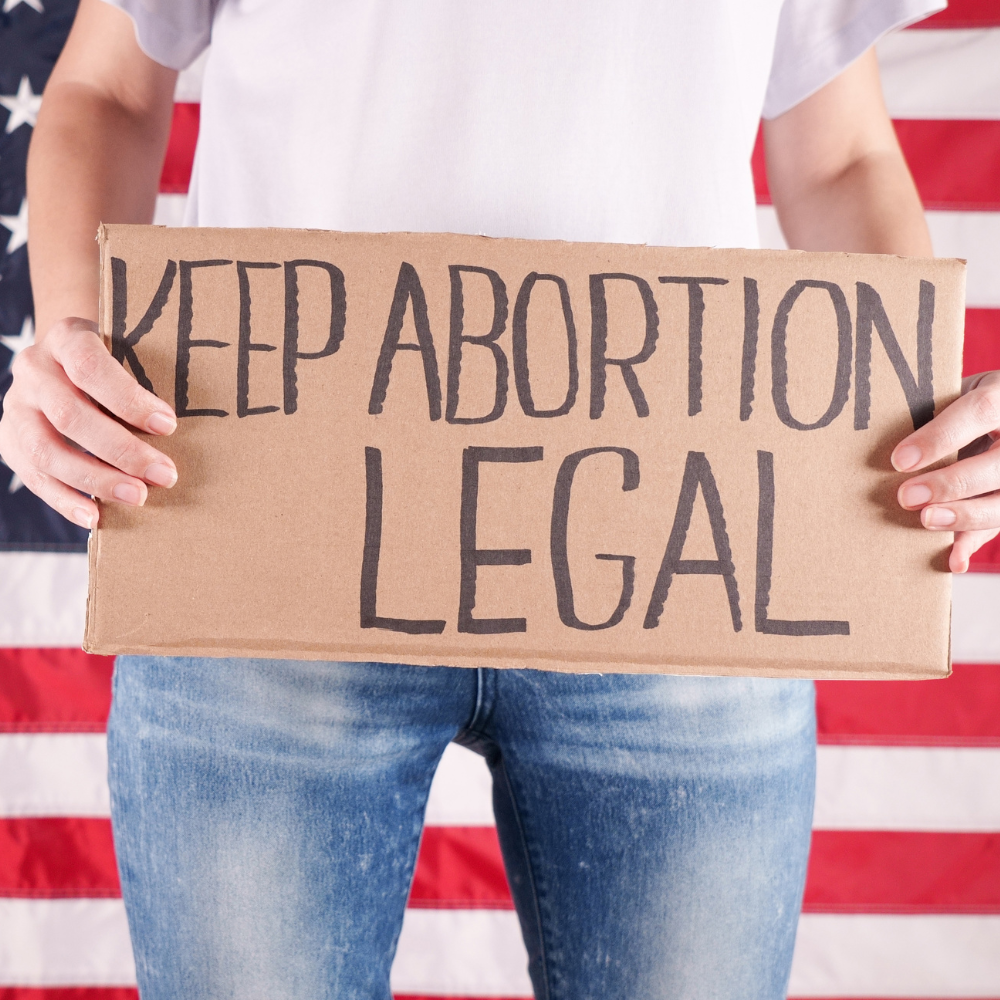Florida abortion rights measure falls short of approval
A highly anticipated proposal to restore abortion rights in Florida is projected for a narrow defeat, marking a setback for advocates aiming to expand local protections for abortion access. With a majority of the votes tallied, the amendment appears to have garnered around 57% of the vote according to sources.
The ballot initiative would have permitted abortion until fetal viability, approximately 24 weeks into pregnancy, aligning with policies seen in several other states. If passed, the measure would have countered a law enacted earlier this year that restricts abortion access after six weeks, with limited exceptions. Florida is one of ten states where abortion measures were on the ballot this election cycle, following a 2022 Supreme Court decision that ended the national right to abortion established by Roe v. Wade, leading many states to impose stringent restrictions or outright bans.
Supporters of the Florida amendment hoped to see success similar to recent victories for abortion rights in traditionally conservative states like Kansas, where such measures have motivated voter turnout and pressured even some Republican lawmakers to adopt more moderate stances. However, Florida’s measure faced a unique hurdle with the 60% threshold, an unusually high bar that set it apart from other abortion-related ballot measures across the country.
The campaign in Florida saw fierce opposition, notably from Republican Governor Ron DeSantis, who mobilized state resources to encourage a “no” vote. His strong stance reflects a growing alignment within the state with former President Donald Trump, who maintains substantial support in Florida. Political analysts suggest that this factor, alongside the amendment’s high threshold for passage, contributed to the projected outcome.
Mary Ziegler, a law professor at the University of California, Davis, noted that although the result in Florida is disappointing for supporters of abortion rights, the state’s strict passage requirements mean it’s not necessarily reflective of the national mood. She pointed out that the unusually high 60% threshold in Florida likely played a significant role in shaping the outcome, suggesting that the result should be viewed in this specific context rather than as an indicator of broader public sentiment.
The result has stirred strong emotions across both sides of the debate. Betsy Linkhorst, an 18-year-old first-time voter, felt heartbroken over the projected defeat, seeing it as a missed opportunity to protect women’s rights and personal decision-making over reproductive health. She viewed the outcome as a devastating setback for the future of reproductive rights in Florida. In contrast, Maria McNally, who voted against the amendment, believed that it would have permitted abortions too late into pregnancy and felt relieved that it appears to have been defeated.
While Florida’s amendment faces defeat, other states have seen mixed outcomes. Voters in Maryland, where abortion is already legal, passed a measure to enshrine abortion rights in the state constitution. New York voters approved an amendment to prevent discrimination based on pregnancy or reproductive health choices. States like Missouri, South Dakota, and Arizona, with restrictive abortion laws, also had similar measures on the ballot.
Since the Supreme Court’s 2022 decision, 22 states have tightened abortion regulations, including 13 where the procedure is entirely banned.









